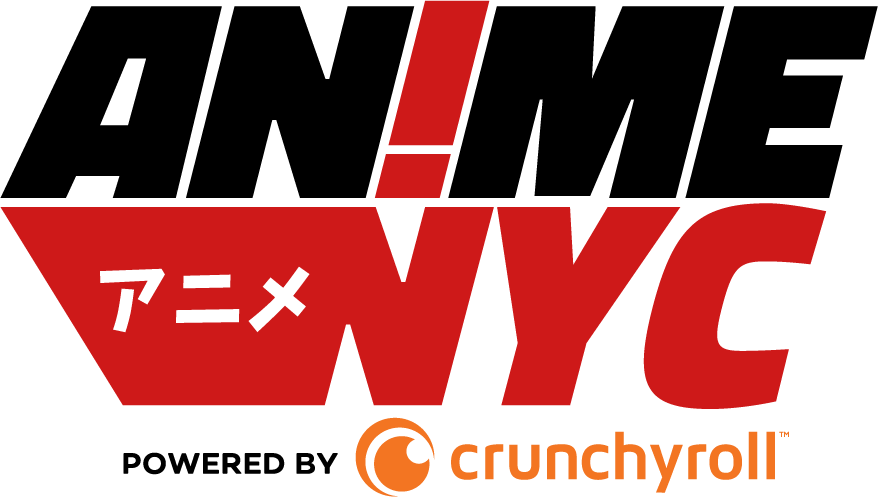By Erica Friedman
This past weekend in New York City, the Anime Con Wars came to an end, as AnimeNYC dealt a decisive blow to New York Comic Con’s attempts to dominate in the crowded anime con field.
Your Monday morning history: After several varied attempts at separate “Anime Fests” under the umbrella of New York Comic Con, ReedPop abandoned the idea and simply rolled all anime and manga companies into the larger brand. Anime powerhouse companies like Viz Media and Funimation had supplied anime and manga creators to NYCC in previous years.
After anime-advocate and longtime employee Peter Tartara left ReedPop to join LeftField Media, founded in 2014 by Greg Topalian, NYCC turned to LA-based Society for the Promotion of Japanese Animation to develop their future anime events. 2018’s AnimeFest was in a location uncomfortably far from Javits. ReedPop required companies to pay for separate spaces for the AnimeFest, which meant larger companies focused their dollars at Javits, where the crowds would be.
2019’s AnimeFest was a perplexing concatenation of photo op backgrounds, voice actor signings and free coffee giveaways with nothing to hold anime fans’ attention for more than a few minutes, and a variety of screenings in Javits and in larger venues around midtown NYC.
AnimeNYC premiered in 2017, with a strong, but small-for-Javits attendance of 20 thousand. Nonetheless, I could see instantly that this event that had all the potential that NYCC was ignoring. Manga is a quickly growing segment of publishing: Viz Media currently outsells all other comic publishers in the US with a 23 percent share of the market as of 2017. Japanese anime is breaking new ground with several streaming services and Netflix is showing both classics and newly created series. Anime movies are also getting theatrical releases in the States: Studio Trigger’s Promare has brought in $1,418,602 in the US.
In 2019, AnimeNYC had expanded to fill all of Javits’ main exhibit halls, and still retained a comfortable space to move through aisles where most of the largest anime and manga companies had a presence. Funimation, Viz Media, Sentai Filmworks, Aniplex, Yen Press, and streaming services Crunchyroll (a major sponsor of AnimeNYC) and HIDIVE all occupied large chunks of real estate. Square Enix and many other game companies had booths. Smaller publishers like One Peace Books, Denpa Books, and light novel publisher J-Novel Club were there as well.
Managing Director of One Peace Books Robert McGuire told The Beat, “We’ll reach the 50,000 people we need to reach here, not the 150,000 who don’t care at NYCC.” McGuire was effusive about the crowd at AnimeNYC, a sentiment I heard repeated at every other booth I visited.
Sunrise, Kodansha and Vertical sponsored guests and held panels. Udon Entertainment participated on panels, although they did not have their own.
The programming was, well, a lot. There was so much of interest, between live-drawing sessions, industry panels, anime premieres and fannish pursuits, almost everyone I spoke with complained that they had to choose between competing programming to attend. AnimeNYC programming included the Lantis Anison Matsuri, a concert line-up of major musical talent.
Japanese guests included Yoshiyuki Tomino, director and creator of Gundam, and the creative team from Viz’s award-winning Dr. Stone manga. Cosplay was, as always, popular and group photoshoots were common. It might be worth it for AnimeNYC to create a dedicated photoshoot area, to keep people from blocking hallways and stairs.
Every conversation I heard from industry pros, to manga journalists, to attendees waiting online were universal in their praise. The wars are over. AnimeNYC is the anime con New York City has been waiting for.









“After anime-advocate and longtime employee Peter Tartara left ReedPop to create his own company, LeftField Media…”
No one is a bigger fan of Peter Tatara than I am, but I have to note that this statement is not exactly accurate.
The company LeftField Media was created by Greg Topalian in 2014 to organize various events. Peter Tatara joined later and began his work building their anime convention business. Tatara has clearly been the primary mover and driving force that has created LeftField Media’s success in the anime event space, but Tatara didn’t create LeftField Media.
Thanks for the correction, Ali! I’ll fix that asap!
Comments are closed.